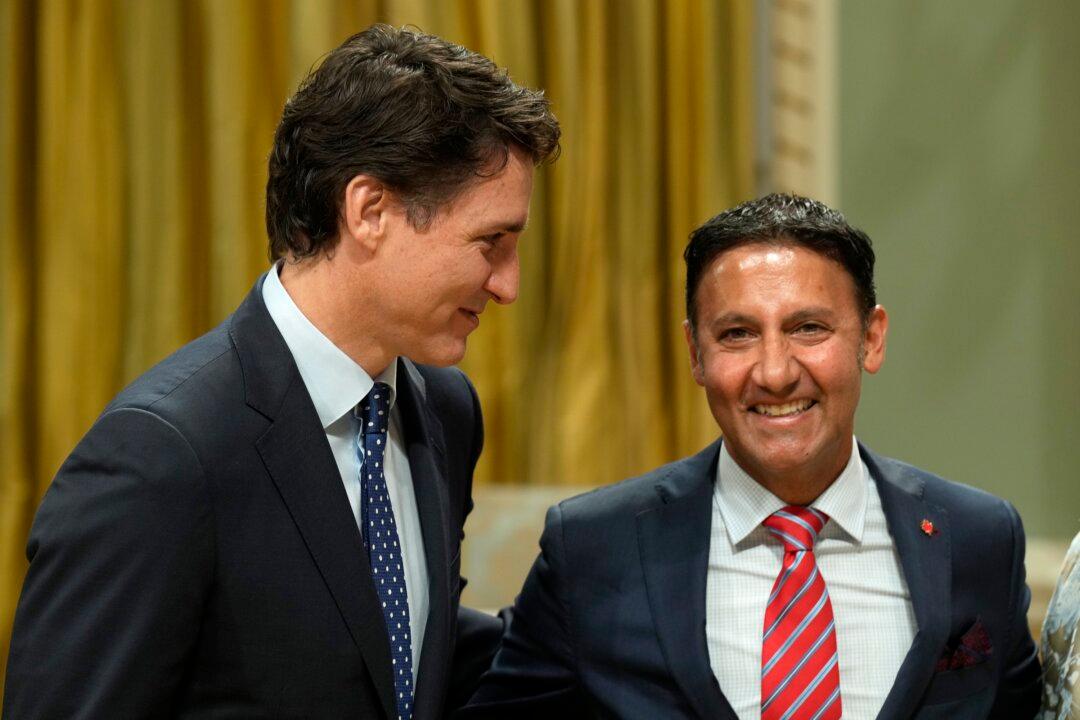Federal Justice Minister Arif Virani appointed 14 provincial and territorial judges and one to the Federal Court on Aug. 29 to fill some of the many vacancies in Canada’s judicial system.
“Thrilled to announce 15 new judicial appointments. That makes 18 appointments in my first month, thanks to the hard preparatory work of my predecessor David Lametti,” Mr. Virani said on social media platform X on Aug. 29.
“These jurists are highly qualified & reflect our country’s diversity. I am confident they will do well on the bench.”
Five of the judges were appointed in Manitoba—four of which were promotions—and four were appointed in Ontario. One judge was appointed in each of the provinces of B.C., Alberta, Saskatchewan, Newfoundland and Labrador, and one in Nunavut. One judge was also appointed to the Federal Court.
The appointments come months after Supreme Court Chief Justice Richard Wagner encouraged the federal government to speed up the process, saying he was “very concerned” with a high number of vacancies in the superior and appeal courts.
“The current situation is untenable and I am worried that it will create a crisis in our justice system, which is already facing multiple challenges. Access to justice and the health of our democratic institutions are at risk,” Justice Wagner wrote in a May 3 letter obtained by CBC Radio-Canada.He added that several courts across Canada have been operating with a 10 to 15 percent vacancy rate, and the process of filling the positions can take several months.





